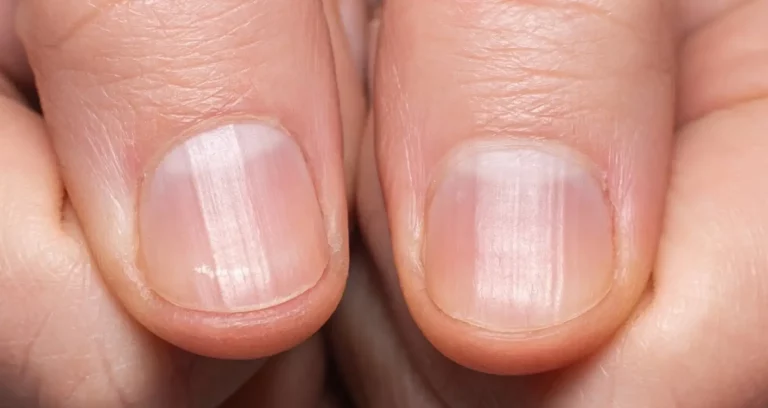
We all experience food cravings from time to time, but should you worry if you constantly crave the same food? Possibly, especially if you have risk factors for colon cancer. Often grouped under the broader category of colorectal cancer, colon cancer ranks among the most common cancers in the United States. As per the American Cancer Society, over 107,000 individuals are diagnosed with this cancer annually. It’s currently the third leading cause of cancer-related deaths.
Are you more susceptible to colon cancer than others? Key genetic, lifestyle, and medical markers include a family history of colon or colorectal cancer, gastrointestinal conditions like Crohn’s disease, a sedentary lifestyle, tobacco use, excessive alcohol consumption, a high-fat diet rich in processed foods, and advancing age.
However, even without significant risk factors, you could still develop colon cancer. Although it might not cause clear symptoms in its early stages, some signs, such as intense cravings, shouldn’t be ignored. (Discover more about what your food cravings might be indicating.)
Blood loss leads to iron deficiency

Bleeding becomes more common as colon cancer advances. Blood loss (for example, through the rectum due to polyps bleeding into the intestine) leads to a depletion of iron and other nutrients. This can result in anemia (a condition caused by low iron levels, one of the various types of anemia) and might trigger unusual and unexpected cravings for the nutrients your body lacks.
For example, you might start craving non-food items, a condition known as pica. A 2023 review in Cureus highlighted a strong link between pica and anemia. Across several studies, those with iron deficiency exhibited cravings for items like ice chips, cardboard, uncooked rice, and paper. A 2010 study published in the Journal of Medical Case Reports reported similarly unusual cravings in individuals with low iron levels, such as the urge to eat large quantities of ice or chew on rubber bands.
Pay attention to unusual or new cravings

In an interview with the American Medical Association (AMA), Dr. Amar Kelker explained that sudden cravings for ice, dirt, or other unconventional edible (or inedible) items are the body’s urgent response to a deficiency. “You’re essentially experiencing an urgent need to replace an iron deficiency. However, we lack a specific way to express that.” Sometimes, you may also crave particular food categories, such as starch.
Remember, anemia is a very common symptom in those with colon cancer. Since anemia can lead to cravings, if your cravings persist, whether for food or non-food items, it’s wise to consult your doctor. A blood test can determine if you’re anemic. If so, further testing may be required to identify any underlying conditions that may be causing the anemia, such as colon or colorectal cancer.
“`




